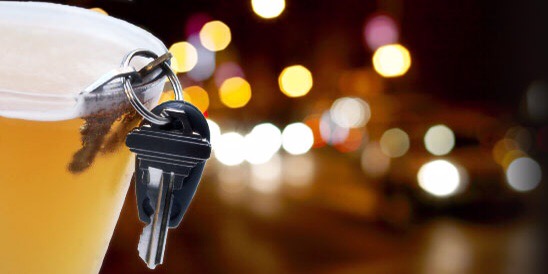One of the ways in which penalties are dealt out in DUI cases in Pennsylvania is based upon the blood alcohol level of a motorist at the time of his or her arrest. In simple terms, the higher the blood alcohol content, the stiffer the penalties a motorist in Pennsylvania faces if convicted of driving under the influence.
Defining Highest Impairment in Pennsylvania
When it comes to alcohol, highest impairment is defined as a person having a blood alcohol content or BAC of .16% or higher. This represents twice the legal limit in the Commonwealth.
As an aside, a refusal to take a chemical test also places an individual in the highest impairment category. Moreover, impairment due to some other type of mind altering substance can also place a motorist into the highest impairment category for the purposes of sentencing.
Penalties in a Highest Impairment Case
A person convicted of DUI in the highest impairment category faces a minimum of three days incarceration. The maximum period of incarceration for a highest impairment case is six months.
A motorist’s driver’s license is suspended for a period of twelve months in this type of case. A person will be ordered to attend Alcohol Highway Safety School. In addition, if thought necessary, a motorist in this category may be ordered to participate in substance abuse treatment.
Fines are also imposed when a person is convicted of a DUI in the category of highest impairment. Fines range from $1,000 to $5,000. A motorist will also be required to pay $300 into the Substance Abuse Education and Demand Reduction Fund.
Multiple DUI Convictions
Keep in mind that if a person has a pending charge in the highest category, and the case is not his or her first DUI within 10 years, penalties become even more severe. An experienced attorney can assist a client in working his or her way through a DUI case, while minimizing the severity of the sanctions imposed.
An attorney can explain the possible avenues of defense in a DUI case during a no-cost initial consultation. A person facing a highest impairment DUI prosecution should not delay in engaging a qualified Pennsylvania DUI lawyer.





